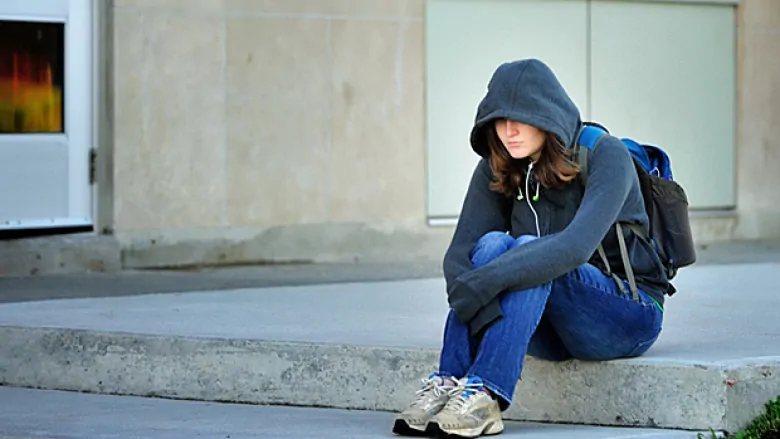By Shawna Healey
The BBC recently released its findings from a loneliness survey in Britain, conducted in partnership with the Wellcome Collection. The study, known as the Loneliness Experiment, had over 55,000 participants and was the largest of its kind to date.
The study found that young people aged 16-24 in Britain are the loneliest age group, with 40% of the people within the bracket reporting that they feel lonely. This is in comparison with 27% of people over the age of 75, who often face the stereotype of being lonely and isolated.
 What is “loneliness? And how is it different from being alone?
What is “loneliness? And how is it different from being alone?
Loneliness is a state of mind. It is a universal human emotion that is both complex and unique to each individual. Common definitions describe loneliness as a state of solitude or being alone. It causes people to feel empty, alone, and unwanted. People who are lonely often crave human contact, but their state of mind makes it more difficult to form connections with other people. Loneliness is not necessarily about physically being alone. People may be surrounded by others yet still feel isolated and lonely.
The survey utilised a self-selecting sample which may have attracted a greater proportion of people who feel lonely, potentially having a negative impact on the accuracy of the results published. The survey, carried out online, found that those who identified as being lonely are more likely to have online friends.
The research also found that those who feel discriminated against have a higher chance of feeling lonely. Those registered as blind or partially sighted are more likely to feel lonely – especially if they feel discrimination is high.
The feelings associated with loneliness between women and men varied, with more women reporting feeling ashamed about being lonely than men. Links were found between loneliness, smoking and poor health, though this has yet to be scientifically proven.
The study also asked the participants how the alleviate loneliness. Some said joining a social club helped, but some found this was not useful. Other responses including changing the way you think, starting conversations with people you don’t know and looking for the good in others.





Leave a reply